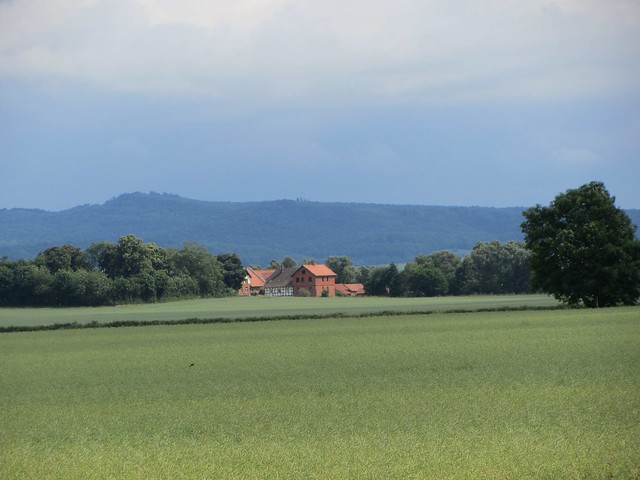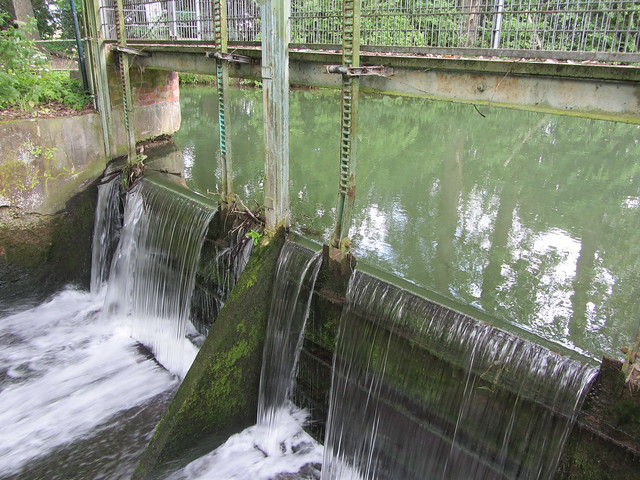 |
| Gottingen: Statue of Georg Christoph Lichtenberg (1742-1799) |
"The town of Gottingen, famous for its sausages and university, belongs to the King of Hanover, and contains 999 hearths, sundry churches, a lying-in hospital, an observatory, a lock-up, a library, and a beer-cellar where the beer is very good.... The town itself is beautiful, and looks its best when you turn your back on it."I completely agree with Heine about the beer, and I've also had some quite good meals during my few days here. I've seen the sundry churches too, and the railroad station (which has pay toilets), which I imagine post-dates Heine's stay.
Heine divides the inhabitants into "students, professors, philistines, and cattle; which four classes are by no means sharply distinct." So far, I have met a few professors, who are very welcoming (Len's interaction with them has been fantastic). I can't say anything about cattle or about Heine's other generalization about the "narrow, desiccated, pedantic pride of the erudite Georgia Augusta University."
Heine's remarks all seem to apply to the study and importance of literature, language, and law at Gottingen, not to science, which he seems not to have acknowledged at all. And science does still seem to dominate the environment, as it did in the pre-Nazi era. Many famous 20th century scientists and mathematicians worked here before the Nazi's destructive policies as well as after the war when the Max Planck Institute revitalized scientific activity here.
Outside of science, I really wonder what is actually valued here. The tourist bureau's guide to important cultural sites of Gottingen lists two museums: an art collection housed in the faculty of law, and an ethnology collection, including some very interesting material from the voyages of Captain Cook, brought back by Georg Forster. Searching the web for Gottingen historical material, I also discovered that the art museum's collections include some Jewish ritual objects that were confiscated by the Nazis: and that the heirs of the original Jewish owners are trying to get them back. (See this article: "Family trying to recover extensive Hahn Judaica collection")
I attempted to see these collections, but discovered that (despite what the guide says) they are open only on Sunday. So I guess Heine's assessment of the philistines of Gottingen still applies. Science is strong. Life is short and art is long. But art is rather short in Gottingen, at least for the moment.
That said, our friends tell me that the university would like to create a central museum for the excellent materials that are scattered in various collections, such as one of the only 4 original Gutenberg Bibles in the world (owned by the university library; the others are outside of Germany) and the Cook/Forster collections. Even on Sunday when the museums are open, these collections may not be on view.
Also, I took a beautiful walk along the Leine River which meets the canal not far from the guesthouse where we are staying. If the weather had been better, I would have taken more walks out into the quite accessible countryside.
 |
| View from the end of my walk |
 |
| One of several waterworks on the Leine which control the flow of the river and produce the town's water supply |
No comments:
Post a Comment